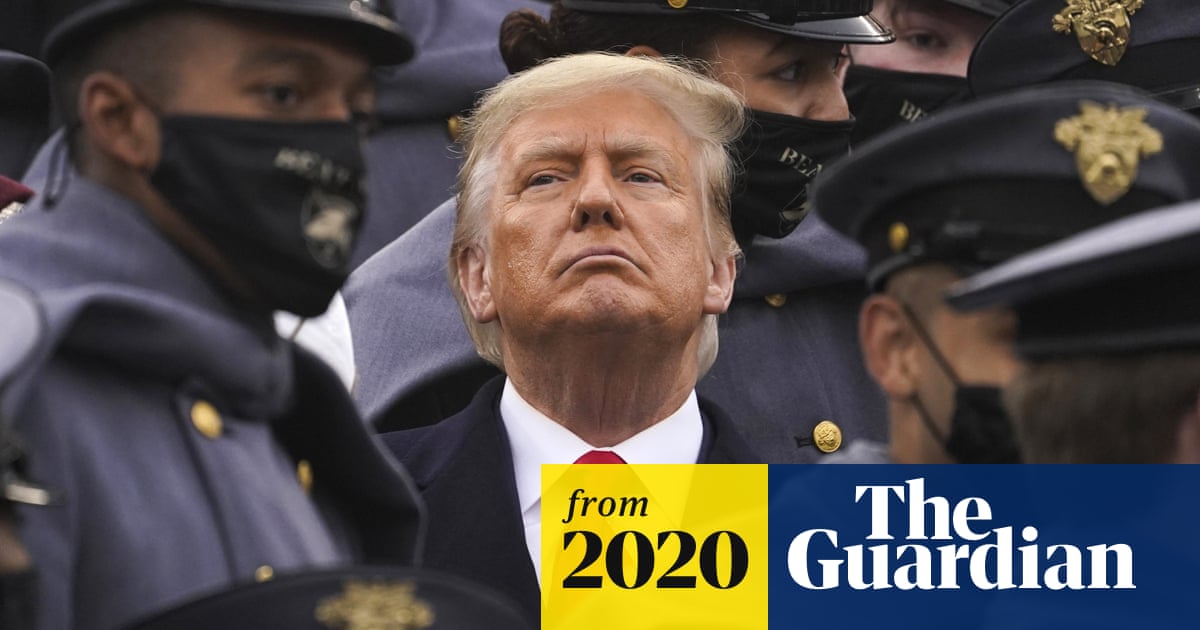- Joined
- Dec 24, 2020
- Messages
- 108
- Trophies
- 0
At noon on 20 January, presuming he doesn’t have to be dragged out of the White House as a trespasser, Donald Trump will make one last walk across the South Lawn, take his seat inside Marine One, and be gone.
From that moment, Trump’s rambunctious term as president of the United States will be over. But in one important aspect, the challenge presented by his presidency will have only just begun: the possibility that he will face prosecution for crimes committed before he took office or while in the Oval Office.
“You’ve never had a president before who has invited so much scrutiny,” said Bob Bauer, White House counsel under Barack Obama. “This has been a very eventful presidency that raises hard questions about what happens when Trump leaves office.”
Any attempt to hold Trump criminally liable in a federal prosecution would be a first in US history. No exiting president has ever been pursued in such a way by his successor (Richard Nixon was spared the ordeal by Gerald Ford’s contentious presidential pardon).
Previous presidents have tended to take the view that it is better to look forwards in the name of national healing than backwards at the failings of their predecessor. And for good reasons – any prosecution would probably be long and difficult, act as a huge distraction, and expose the incoming president to accusations that they were acting like a tinpot dictator hounding their political enemy.
“If you do nothing you are saying that though the president of the United States is not above the law, in fact he is. And that would set a terrible precedent for the country and send a message to any future president that there is no effective check on their power,” said Andrew Weissmann, who was a lead prosecutor in the Mueller investigation looking into coordination between Russia and Trump’s 2016 campaign.
Weissmann told the Guardian that there would be a price to be paid if that attitude went unchallenged once Trump leaves office. “One of the things we learnt from this presidency was that our system of checks and balances is not as strong as we thought, and that would be exacerbated by not holding him to account.”
There are several possible ways in which the justice department could be forced to confront the issue of whether or not to take on Trump. One would be through a revelation as yet unknown, following the emergence of new information.
But the two most likely avenues for the pursuit of any criminal investigation would relate to Trump’s use of his presidential pardon power and alleged obstruction of justice. “Trump issued a series of pardons largely characterized by political self-interest,” Weissmann said.
Though the presidential pardon power is extensive, it is not, as Trump has claimed, absolute – including the “absolute right” to pardon himself. He is not immune from bribery charges if he were found to have offered somebody a pardon in exchange for their silence in a judicial case.

How real is the threat of prosecution for Donald Trump post-presidency?
Legal threats range from investigations into his business dealings in New York to possible obstruction of justice charges – but all come with a political cost